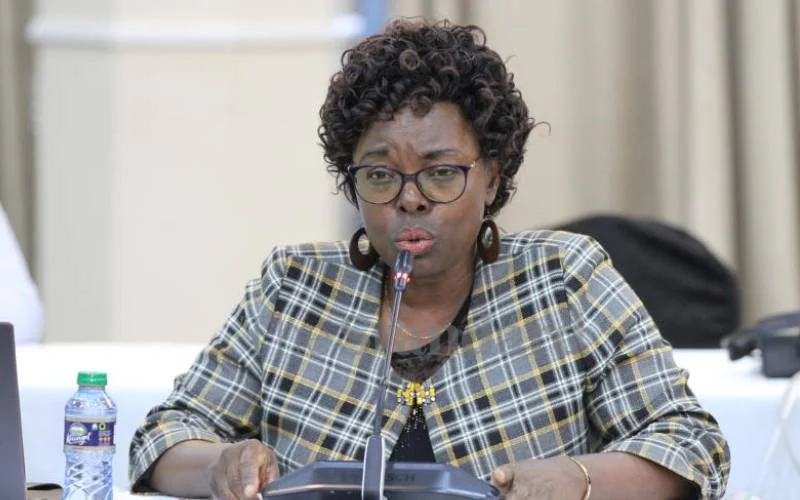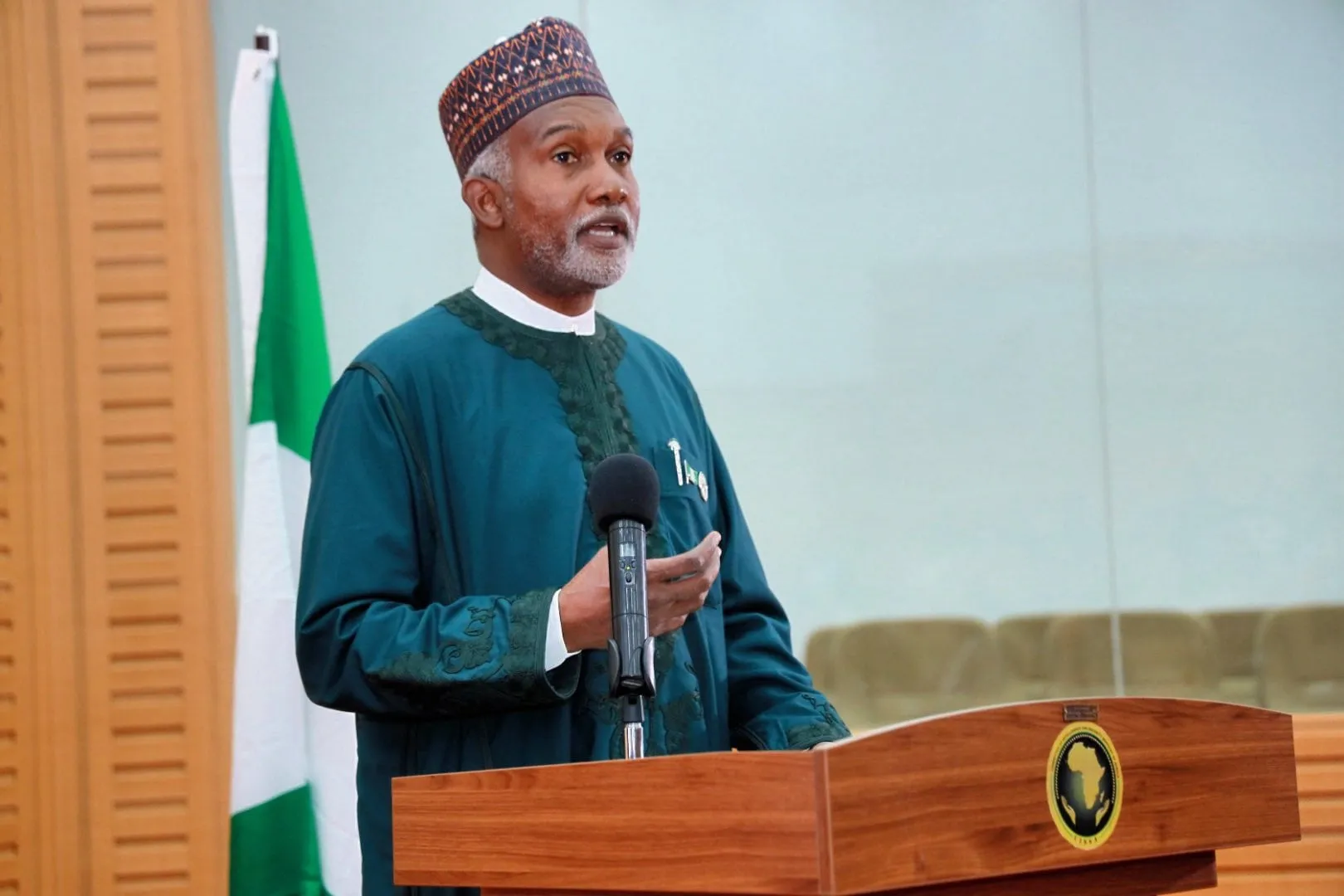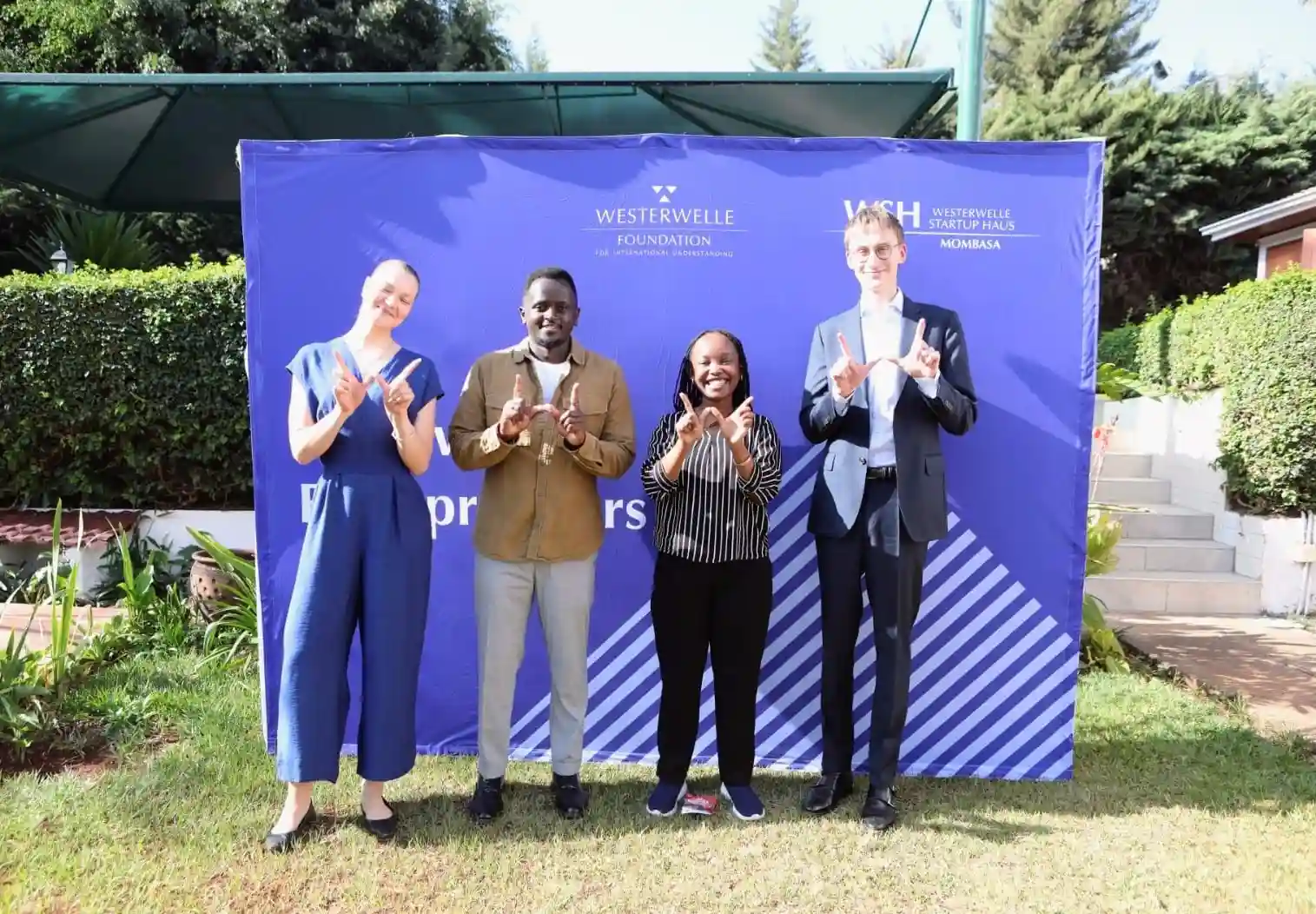In a monumental boost for energy access and digital inclusion across Kenya, Sun King, a global leader in off-grid solar energy solutions, has successfully finalized a $156 million financing deal. This landmark securitization, backed by a powerful consortium of private Kenyan banks and international development finance institutions, is set to revolutionize access to clean, affordable energy for approximately 1.4 million households in Kenya, alongside facilitating the purchase of essential smartphones. The announcement, initially reported by pv magazine and others, marks a significant turning point for green energy finance in Africa, demonstrating a growing confidence in the continent’s burgeoning off-grid sector.
The transaction, which builds on Sun King’s previous $130 million securitization in Kenya in 2023, underscores the increasing viability and attractiveness of the pay-as-you-go (PAYGo) solar model. This innovative financing mechanism is critical for bridging the energy gap in regions where traditional grid infrastructure remains elusive or unreliable.
The Power of Pay-As-You-Go: Making Solar Accessible
At the heart of Sun King’s success is its pioneering pay-as-you-go (PAYGo) solar model. This revolutionary approach addresses one of the biggest barriers to clean energy adoption in developing markets: the high upfront cost of solar products. Instead of requiring a large initial payment, PAYGo allows households to acquire solar home systems through flexible, incremental payments, often made via mobile money. This transforms a significant capital outlay into affordable daily or weekly installments, making solar energy accessible to millions who previously could not afford it.
The benefits of the PAYGo model extend far beyond mere affordability:
- Financial Inclusion: By enabling flexible payments, PAYGo models effectively serve as a credit-building mechanism for off-grid communities. Customers establish a financial track record, which can open doors to other financial services.
- Empowerment: Access to clean, reliable electricity from solar home systems dramatically improves quality of life. It replaces expensive, dangerous, and polluting alternatives like kerosene lamps and diesel generators. Children can study longer, small businesses can extend operating hours, and households gain access to modern conveniences like lighting, phone charging, radios, and even televisions.
- Environmental Impact: Each solar home system deployed reduces reliance on fossil fuels, leading to significant cuts in carbon emissions and indoor air pollution, contributing directly to climate action and public health. Sun King estimates its products have saved over $3.4 billion in fossil-fuel-based energy costs and reduced global greenhouse gas emissions by more than 14 million metric tons.
- Economic Development: Beyond direct energy access, PAYGo solar fosters local economies by creating jobs for sales agents, technicians, and distributors. Sun King’s distribution network alone employs up to 7,000 staff worldwide, with 30% being women in Sub-Saharan Africa.
Sun King, formerly known as Greenlight Planet, has been at the forefront of this transformation since its founding in 2009. Its mission is to “power access to brighter lives” by providing sustainable energy solutions to the 1.8 billion people globally who lack reliable energy. The company boasts an impressive track record, having issued $1.3 billion in solar loans to nearly 10 million individual customers across Africa and Asia, with over 21 million solar products sold, illuminating the lives of over 100 million people worldwide.
A Deep Dive into the Financing Structure: Local and International Collaboration
This $156 million deal is a sophisticated financial arrangement designed to leverage both local and international capital for maximum impact. It comprises two distinct tranches:
The Senior Tranche: Kenyan Banks Lead the Way
A significant portion of the funding comes from a senior tranche, which is funded by leading private Kenyan banks:
- Absa Bank Kenya Plc
- Citi (acting as arranger)
- The Co-operative Bank of Kenya
- KCB Bank Kenya Limited
- Stanbic Bank Kenya Ltd
The involvement of these prominent Kenyan commercial banks is particularly noteworthy. As Anish Thakkar, Sun King co-founder, emphasized, “This deal signals a major turning point for green energy finance in Africa. It shows that African commercial banks believe in the power of pay-as-you-go solar and are ready to back it with serious capital. Return-seeking, local capital in local currency is essential to unlocking the scale and speed needed to achieve universal energy access.”
Financing in local currency is crucial for off-grid solar companies operating in emerging markets. It mitigates foreign exchange (FX) risk, which arises when a company earns revenue in local currency but has debt obligations in a foreign currency (like USD). Fluctuations in exchange rates can significantly increase the cost of debt repayment, making projects less viable. By securing local currency debt, Sun King can align its revenues with its debt obligations, creating a more stable and sustainable financial model. This approach also helps to deepen local capital markets and fosters greater financial resilience within the country.
The Mezzanine Tranche: International Development Finance Institutions Provide Crucial Support
Supporting the senior tranche is a mezzanine tranche, backed by three key international development finance institutions (DFIs):
- British International Investment (BII) (formerly CDC Group)
- Dutch development bank FMO
- Norwegian investment fund Norfund
DFIs play a vital role in de-risking investments in emerging markets, attracting private capital that might otherwise be hesitant due to perceived risks. Their involvement often provides a crucial layer of comfort for commercial banks, enabling larger and more complex transactions. BII, FMO, and Norfund have long been active in supporting off-grid solar initiatives across Africa, recognizing their transformative potential for economic development and climate action. Their commitment to Sun King is a testament to the company’s proven business model and its significant impact.
Securitization: Converting Future Payments into Investable Assets
The core mechanism of this deal is securitization. In essence, Sun King is bundling the future stream of customer repayments from its PAYGo solar products into tradable financial securities. These securities are then sold to investors, providing Sun King with immediate capital to finance new product sales. This innovative approach allows Sun King to raise long-term local currency debt by converting predictable, albeit small, future customer payments into a large, investable asset class.
Securitization in the solar sector is gaining traction globally, with the market for solar asset-backed securities (ABS) reaching an estimated $40 billion by early 2025. It provides liquidity to solar companies, enabling them to scale operations rapidly, and attracts institutional investors looking for stable, long-term returns, often with an Environmental, Social, and Governance (ESG) focus. For Sun King, this means a continuous cycle of financing: as customers pay off their solar loans, the repayments generate predictable cash flows that can be securitized again, fueling further expansion.
Sun King’s Deep Roots and Expanding Impact in Kenya
Sun King’s presence in Kenya is already substantial. The company estimates that nearly 30% of Kenyan homes currently use Sun King solar products. This remarkable penetration highlights the significant role off-grid solar is playing in addressing Kenya’s energy access challenges. The new $156 million transaction is expected to further solidify this leadership, specifically financing the purchase of approximately 1.4 million solar products and smartphones.
The inclusion of smartphones in the financing deal is a strategic move, recognizing the symbiotic relationship between energy access and digital connectivity. In many off-grid communities, access to reliable power for charging mobile phones is a major challenge. By bundling solar products with smartphones, Sun King is not only providing light and power but also enabling greater digital inclusion, opening up opportunities for mobile money, online education, information access, and broader economic participation.
This agreement is Sun King’s second securitization in Kenya, following a successful $130 million transaction in 2023. The repeated success in securing such substantial financing underscores the robustness of Sun King’s business model and the strong investor confidence in the Kenyan off-grid solar market.
Kenya’s Ambitious Energy Landscape: Towards Universal Access by 2030
Kenya has emerged as a leader in renewable energy and electricity access in Africa. The nation has set an ambitious target to achieve near-universal electricity access by 2030. Significant progress has already been made, with electricity access more than doubling over the past decade, from 37% in 2013 to 75% in 2022. This includes impressive strides in urban areas (over 97% access) and substantial gains in rural areas (68% access in 2021).
The country’s energy mix is heavily reliant on renewables, with nearly 90% of energy generated and consumed in 2021 coming from clean sources, primarily geothermal and hydro. While solar capacity stood at 369 MW at the end of 2024, unchanged from the previous year according to the International Renewable Energy Agency (IRENA), off-grid solar solutions, like those provided by Sun King, are playing an increasingly vital role in reaching remote and underserved populations that are difficult or uneconomical to connect to the national grid.
The Kenyan government, through its Vision 2030 blueprint, aims to transform the country into “a newly-industrializing, middle-income country providing a high quality of life to all its citizens in a clean and secure environment.” Achieving universal energy access is a critical component of this vision. Off-grid solar solutions are particularly effective in this context because:
- Cost-Effectiveness: Extending traditional grid lines to sparsely populated rural areas is often prohibitively expensive and logistically challenging. Off-grid solutions offer a more affordable and rapid deployment alternative.
- Speed of Deployment: Solar home systems can be installed quickly, bringing immediate benefits to households and businesses without waiting for lengthy grid expansion projects.
- Decentralization: They provide decentralized energy solutions, reducing strain on the national grid and enhancing energy security, especially in areas prone to power outages.
The Broader African Context: Off-Grid Solar as a Development Catalyst
Sun King’s success in Kenya is reflective of a broader trend across Sub-Saharan Africa, where off-grid energy solutions are rapidly emerging as a game-changing alternative to traditional grid expansion. Over 600 million people in Africa still lack access to electricity, and conventional grid development has struggled to keep pace with population growth and rising energy demand due to high costs, complex logistics, and low population densities in many rural areas.
In response, the off-grid sector has become one of the fastest-growing segments of Africa’s energy market, attracting significant investment from development banks, impact investors, and private capital. The falling costs of solar photovoltaic (PV) panels (declined by 80% since 2010) and battery storage (dropped by nearly 70% since 2015) have made off-grid solutions increasingly affordable and scalable.
The expansion of PAYGo and mobile payment models, pioneered by companies like Sun King, M-KOPA, and d.light, has been instrumental in this growth. These models have unlocked new markets and created stable revenue streams for off-grid developers, making solar home systems and mini-grids accessible to low-income households.
Beyond energy access, off-grid solar acts as a powerful catalyst for rural development. It enables:
- Improved Health: Replacing kerosene lamps reduces respiratory illnesses caused by indoor air pollution.
- Enhanced Education: Children can study in the evenings, leading to better educational outcomes.
- Increased Productivity and Income: Small businesses can operate longer, and individuals can engage in income-generating activities after dark. Farmers can use solar-powered irrigation pumps.
- Access to Information: Power for radios and televisions connects communities to news, education, and entertainment.
- Safety and Security: Lighting improves safety in homes and communities at night.
International bodies like the World Bank and the African Development Bank are committing significant funding to support off-grid energy expansion in Sub-Saharan Africa, recognizing its critical role in achieving the United Nations Sustainable Development Goals (SDGs), particularly SDG 7 (Affordable and Clean Energy) and SDG 13 (Climate Action).
Challenges and Future Opportunities
While the outlook for off-grid solar in Kenya and across Africa is incredibly promising, challenges persist. Regulatory uncertainty in some countries, limited historical performance data for securitization, and the need for continued innovation in product development and distribution remain areas of focus. However, the immense demand for energy access, combined with technological advancements and innovative financing models, presents vast opportunities.
The success of deals like Sun King’s $156 million securitization signals a maturing market and growing confidence from both local and international financial institutions. It paves the way for further investment, demonstrating that sustainable, impactful development can also be financially attractive. As Kenya continues its journey towards universal electricity access, off-grid solar solutions, championed by companies like Sun King, will undoubtedly be a cornerstone of its success, illuminating homes and empowering lives across the nation.
Ready to take your career to the next level? Join our dynamic courses: ACCA, HESI A2, ATI TEAS 7 , HESI EXIT , NCLEX – RN and NCLEX – PN, Financial Literacy!🌟 Dive into a world of opportunities and empower yourself for success. Explore more at Serrari Ed and start your exciting journey today! ✨
photo source: Google
By: Montel Kamau
Serrari Financial Analyst
30th July, 2025
Article, Financial and News Disclaimer
The Value of a Financial Advisor
While this article offers valuable insights, it is essential to recognize that personal finance can be highly complex and unique to each individual. A financial advisor provides professional expertise and personalized guidance to help you make well-informed decisions tailored to your specific circumstances and goals.
Beyond offering knowledge, a financial advisor serves as a trusted partner to help you stay disciplined, avoid common pitfalls, and remain focused on your long-term objectives. Their perspective and experience can complement your own efforts, enhancing your financial well-being and ensuring a more confident approach to managing your finances.
Disclaimer: This article is for informational purposes only and does not constitute financial advice. Readers are encouraged to consult a licensed financial advisor to obtain guidance specific to their financial situation.
Article and News Disclaimer
The information provided on www.serrarigroup.com is for general informational purposes only. While we strive to keep the information up to date and accurate, we make no representations or warranties of any kind, express or implied, about the completeness, accuracy, reliability, suitability, or availability with respect to the website or the information, products, services, or related graphics contained on the website for any purpose. Any reliance you place on such information is therefore strictly at your own risk.
www.serrarigroup.com is not responsible for any errors or omissions, or for the results obtained from the use of this information. All information on the website is provided on an as-is basis, with no guarantee of completeness, accuracy, timeliness, or of the results obtained from the use of this information, and without warranty of any kind, express or implied, including but not limited to warranties of performance, merchantability, and fitness for a particular purpose.
In no event will www.serrarigroup.com be liable to you or anyone else for any decision made or action taken in reliance on the information provided on the website or for any consequential, special, or similar damages, even if advised of the possibility of such damages.
The articles, news, and information presented on www.serrarigroup.com reflect the opinions of the respective authors and contributors and do not necessarily represent the views of the website or its management. Any views or opinions expressed are solely those of the individual authors and do not represent the website's views or opinions as a whole.
The content on www.serrarigroup.com may include links to external websites, which are provided for convenience and informational purposes only. We have no control over the nature, content, and availability of those sites. The inclusion of any links does not necessarily imply a recommendation or endorsement of the views expressed within them.
Every effort is made to keep the website up and running smoothly. However, www.serrarigroup.com takes no responsibility for, and will not be liable for, the website being temporarily unavailable due to technical issues beyond our control.
Please note that laws, regulations, and information can change rapidly, and we advise you to conduct further research and seek professional advice when necessary.
By using www.serrarigroup.com, you agree to this disclaimer and its terms. If you do not agree with this disclaimer, please do not use the website.
www.serrarigroup.com, reserves the right to update, modify, or remove any part of this disclaimer without prior notice. It is your responsibility to review this disclaimer periodically for changes.
Serrari Group 2025
















